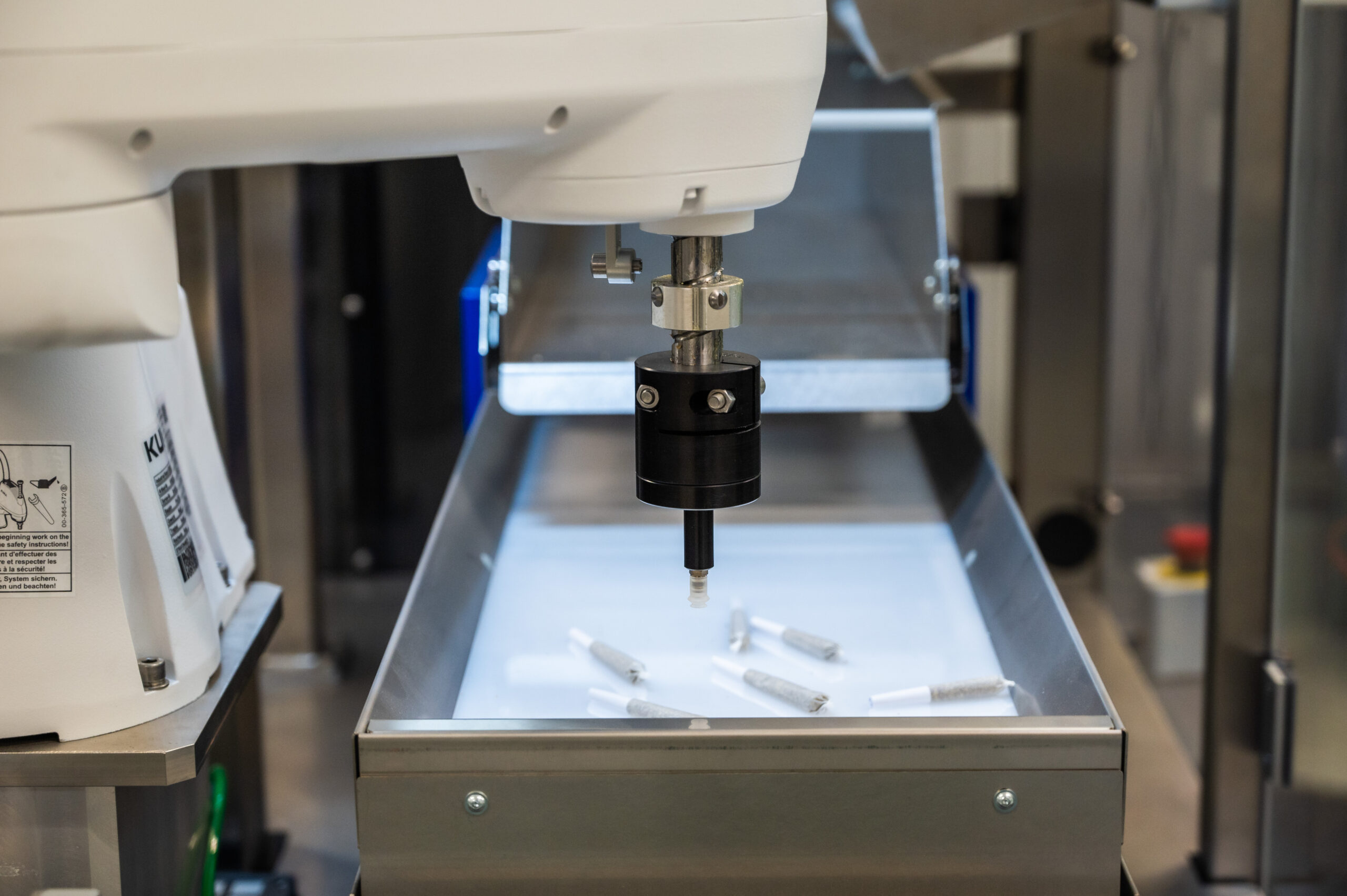UK manufacturers across all sectors continue to face significant challenges as they strive to achieve full operational capability following the worst of the pandemic, the changing business landscape, and an ever-increasing cost burden. In addition, labour shortages in many areas continue to exacerbate the problem as increasing numbers of individuals re-assess their work / life balance, and others are tempted to change jobs lured by better pay and conditions.
Against this backdrop, a growing number of manufacturers are investigating the role which automation can play in alleviating the problems they face, especially in relation to labour shortages and reducing manufacturing costs.
For those with no previous experience in automation, the more likely route will be for smaller, less complex, entry level solutions which require lower levels of capital investment and provide a faster return on investment.
There are a wide range of tasks in many manufacturing sectors, currently being performed manually, which could be either partially automated or fully automated. In many cases there may be good reasons why in the past automation was not deemed to be appropriate. This may have been because the technology level of the systems available at the time could not achieve the tasks, or that the cost associated with automation at that point would not realise a return on the investment required.
Today’s automation technologies are more plentiful, overall, much more flexible, simpler to integrate and operate, and in real terms much more affordable. The rapid growth in the use of Collaborative robots is but one example of how automation is able to enhance what were once solely manual operations, bringing tangible productivity and quality benefits to the process.
CME’s Head of Sales: Automation, Ian Marks explains: “The combination of current events and the increasingly competitive nature of business today, are the catalysts behind a new drive by manufacturers to look at how they could automate at least some parts of their production processes. The term “automation” is sometimes associated with large, complex, and high value systems, however there are often individual tasks or operations which could in themselves be automated. The ready availability of many different proprietary automation technologies means that it is now possible to configure solutions to tasks previously deemed non-feasible or not cost effective.”

One example of such a system is CME’s Robotic Pre-Roll Packaging System. Used to pick and pack pre-rolled legal cannabis joints, this system incorporates a SCARA Robot, machine vision system, and a flexible vibratory product presentation system. This compact and cost-effective system can process up to 60 pre-rolls per minute with the vision system being used for product identification, position, and orientation, before the robot selects the product and transfers it to the packaging. Full sensor monitoring is also included for product quality and material supply. The system is also designed to be quickly adjusted to suit different packaging formats and product quantities.
CME’s Head of Sales: Automation, Ian Marks continues: “The combination of these different off the shelf technologies, mean that this system is able to process a wide range of products and packaging formats at speeds of up to 3,600 items per hour. The system provides both consistency in the way product is handled, predictable productivity levels, and a minimum of operator intervention. As a small Island of Automation, this system can operate on its own, or it can over time be linked to other processes, both downstream and upstream, as part of a cohesive automation strategy.”
Investment in entry level automation systems not only delivers tangible benefits to specific operations and processes, but they also provide a valuable insight into the world of automation, inspiring confidence in technology-based solutions, and in many cases opening up further opportunities for investment in more sophisticated automation systems.
If you are looking to introduce some automation into your organisation, the team at CME are always happy to discuss which processes would be good places to start for some entry level automation.






